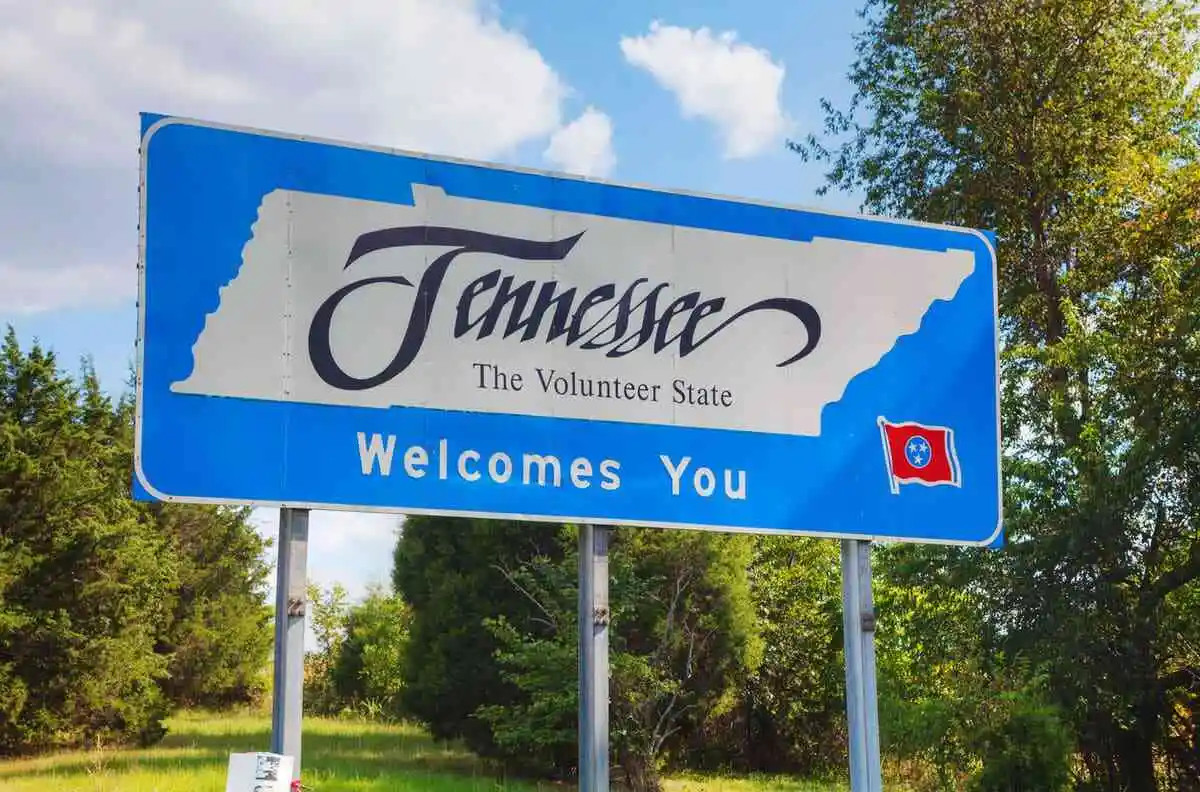
Suing for Illegal Gambling Violations
The lawsuit in question includes nine plaintiffs who are represented by Garth R. Segroves. Various social gaming operators and their suppliers are named in the suit, with the 1858 Tennessee anti-gambling law coming into question. The outdated law allows players to recover historic losses when illegal gambling is involved.
If VGW and the other defendants do not win the case, they will most likely be forced to pay the player losses back to those in Tennessee. This could have a huge impact on the company, especially if payments must be made for the entire time VGW was operating within the state.
The lawsuit venue change comes at a time when VWG is involved in multiple lawsuits and pressure from state governments regarding sweepstakes gaming. Those taking action against the operators feel the model is illegal gambling and should not be classified as social gaming.
VGW Claims Tennessee Law is Misconstrued
VGW says in a response to the Tennessee lawsuit that the plaintiffs have misconstrued the state’s anti-gambling law. VWG attorneys told the Sixth Circuit Tennessee Eastern District Court that the statute was enacted before mass or class claims were permitted in America. It permits a third party to recover losses from an individual so the money can be returned to the gambler’s spouse or family member.
In this case, the plaintiff wants to recover the supposed losses for almost everyone in Tennessee, which results in millions in ‘losses’ for thousands of unidentified people, via a single ‘representative’ suit.
VGW states that its petition raises important questions about the 1858 statute and how it is defined, as the law is increasingly the subject of litigation.
The social gaming company is behind popular platforms like Chumba Casino, Global Poker, and LuckyLand Slots. Within the past few months, VGW has received cease-and-desist letters to stop gaming in states like Michigan and Connecticut based on iGaming laws.
It appears that VGW will only continue to face mounting pressure as they try to tackle the issue in Tennessee while facing strain in other areas across the US.
